
The Real Culprit Behind High Blood Pressure Isn’t Salt – It’s This! Stop Overeating It Before It’s Too Late
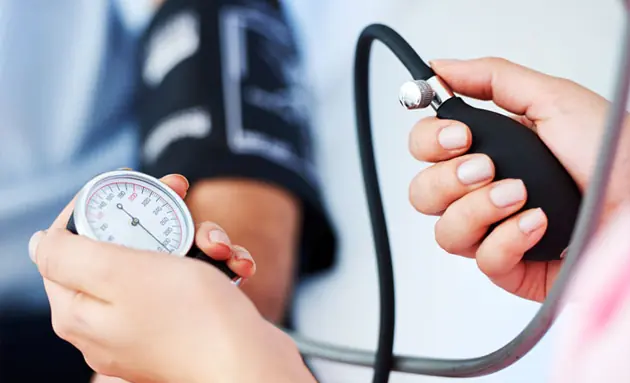
Most people are aware that excessive salt intake can increase the risk of high blood pressure (hypertension) and accelerate arterial hardening (atherosclerosis). However, the real cause of high blood pressure isn’t just salt itself—it’s the sodium (Na) content within it.
Instead of simply reducing salt intake, the key to maintaining healthy blood pressure is strictly controlling overall sodium consumption.
Sodium is an essential mineral that plays a crucial role in maintaining fluid balance, supporting nerve function, and ensuring proper muscle activity. However, excessive sodium intake increases the body’s workload, and a long-term high-sodium diet can have severe health consequences.
Hidden Sources of Sodium in Everyday Foods
Salt is not the only source of sodium in our diet. Many common foods, including pickled foods, snacks, vegetables, and even fruits, naturally contain sodium.
Even if your salt intake appears to be within healthy limits, additional sodium from other foods can quickly add up.
For example, if you consume 5 grams of sodium from table salt daily, your actual sodium intake from all food sources is likely significantly higher.
Some of the biggest culprits of high sodium intake include:
1. Pickled and Preserved Foods
Most pickled foods rely heavily on salt for preservation, making them extremely high in sodium.
2. Sun-Dried Tomatoes
Although delicious, 100 grams of sun-dried tomatoes contain a staggering 2,095mg of sodium.
3. Cheese
Cheese is another high-sodium food, with around 1,700mg of sodium per 100 grams.
4. Baking Powder and Baking Soda
- One teaspoon of baking soda contains 1,368mg of sodium.
- One teaspoon of baking powder contains approximately 530mg of sodium.
5. Instant Noodle Seasoning Packets
A 5g seasoning packet from instant noodles can contain up to 1,200mg of sodium.
These are just a few examples of high-sodium foods that are commonly consumed. Managing your sodium intake is essential for maintaining healthy blood pressure levels.
Natural Foods That Help Lower Blood Pressure
Reducing sodium intake is crucial, but incorporating the following natural blood pressure-lowering foods into your diet can also be beneficial.
1. Jiaogulan (Gynostemma) – “The Southern Ginseng”
Jiaogulan is often referred to as the “nemesis of high blood pressure” due to its ability to naturally regulate blood pressure. Unlike some medications, jiaogulan has no harmful side effects and can be safely consumed long-term as a herbal tea.
2. Hawthorn – A Traditional Heart Remedy
Hawthorn is a popular fruit in traditional Chinese medicine that is known for its cardiovascular benefits.
It helps:
- Enhance heart muscle contractions
- Increase blood circulation
- Reduce oxygen consumption in the heart, which helps prevent angina (chest pain caused by reduced blood flow to the heart)
3. Corn Silk – A Natural Diuretic for Blood Pressure Control
Drinking corn silk tea can promote urine production, helping the body remove excess sodium, which in turn lowers blood pressure.
Additionally, corn silk may help with blood clot prevention, reducing inflammation, and supporting kidney function.
4. Buckwheat – A Nutrient-Dense Superfood
Buckwheat is packed with essential vitamins and minerals, especially B vitamins.
Compared to corn and rice, buckwheat contains:
- 2 to 10 times more vitamin B2, which supports heart health and blood pressure regulation.
5. Moringa Seeds – A Natural Multivitamin
Moringa seeds are often considered a superfood due to their high nutritional value.
They contain:
- A wide range of essential nutrients, including calcium, vitamin C, and antioxidants.
- The ability to support detoxification, weight management, and anti-aging effects.
Additionally, moringa seeds are beneficial for:
- Strengthening the immune system
- Regulating cholesterol levels
- Reducing high blood pressure and high blood sugar
Many people consume moringa seeds as a natural supplement for overall health and disease prevention.
Final Thoughts
While reducing salt intake is essential, the real focus should be on reducing overall sodium consumption from all food sources.
Be mindful of hidden sodium in processed foods like pickles, cheese, sun-dried tomatoes, and instant noodle seasonings, which can significantly increase your daily sodium intake.
At the same time, incorporating heart-friendly foods such as jiaogulan, hawthorn, corn silk tea, buckwheat, and moringa seeds can further support healthy blood pressure regulation.
A balanced diet and lifestyle choices are key to preventing high blood pressure and maintaining overall well-being. Start making mindful changes today! 🚀💙
News in the same category


If Your Kidneys Are in Danger, Your Body Will Send You These 8 Signals — Don’t Ignore Them

The Surprising Effects of Avocado on Your Heart and Brain
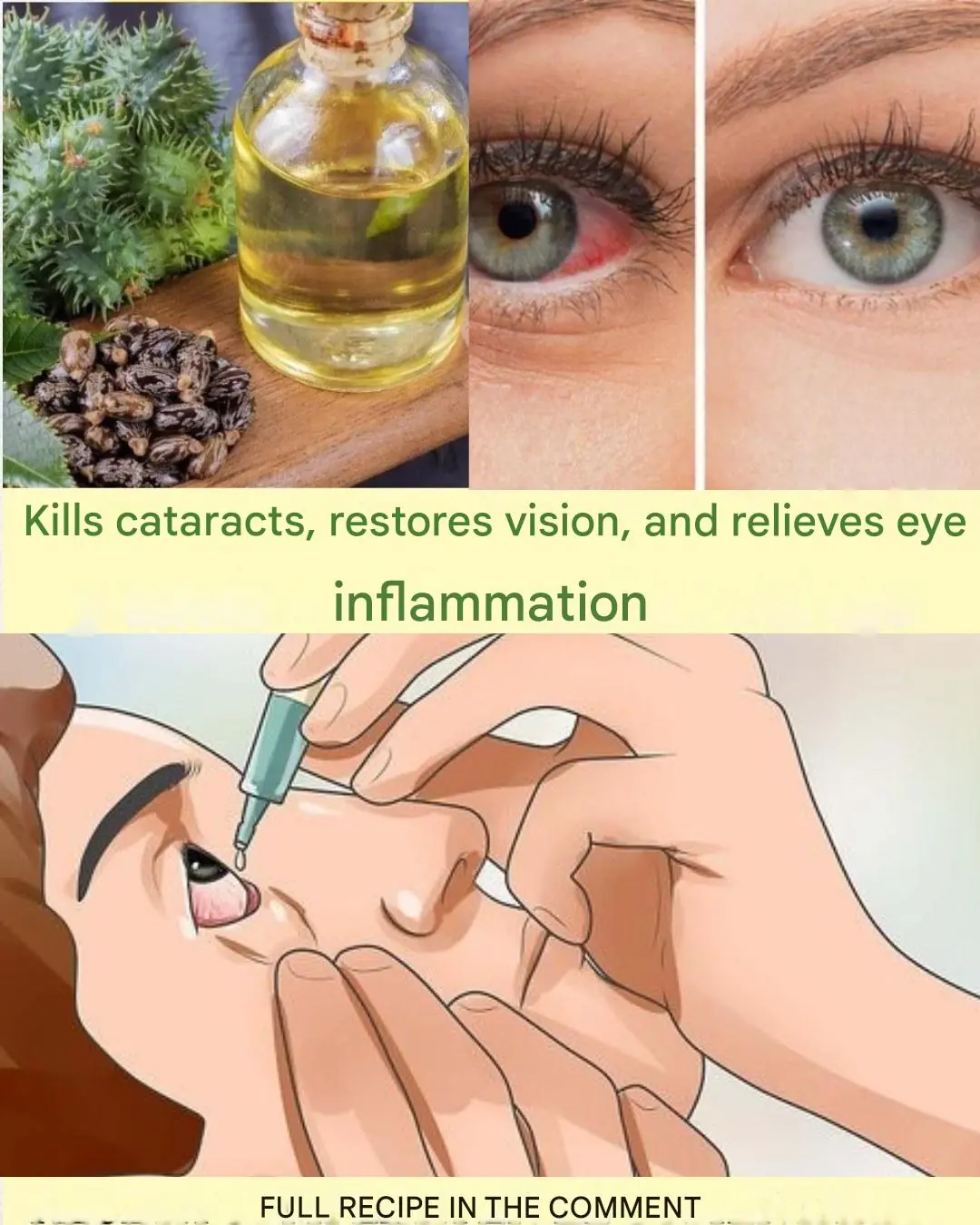
Natural Remedy for Cataracts and Eye Inflammation: Restore Your Vision Naturally
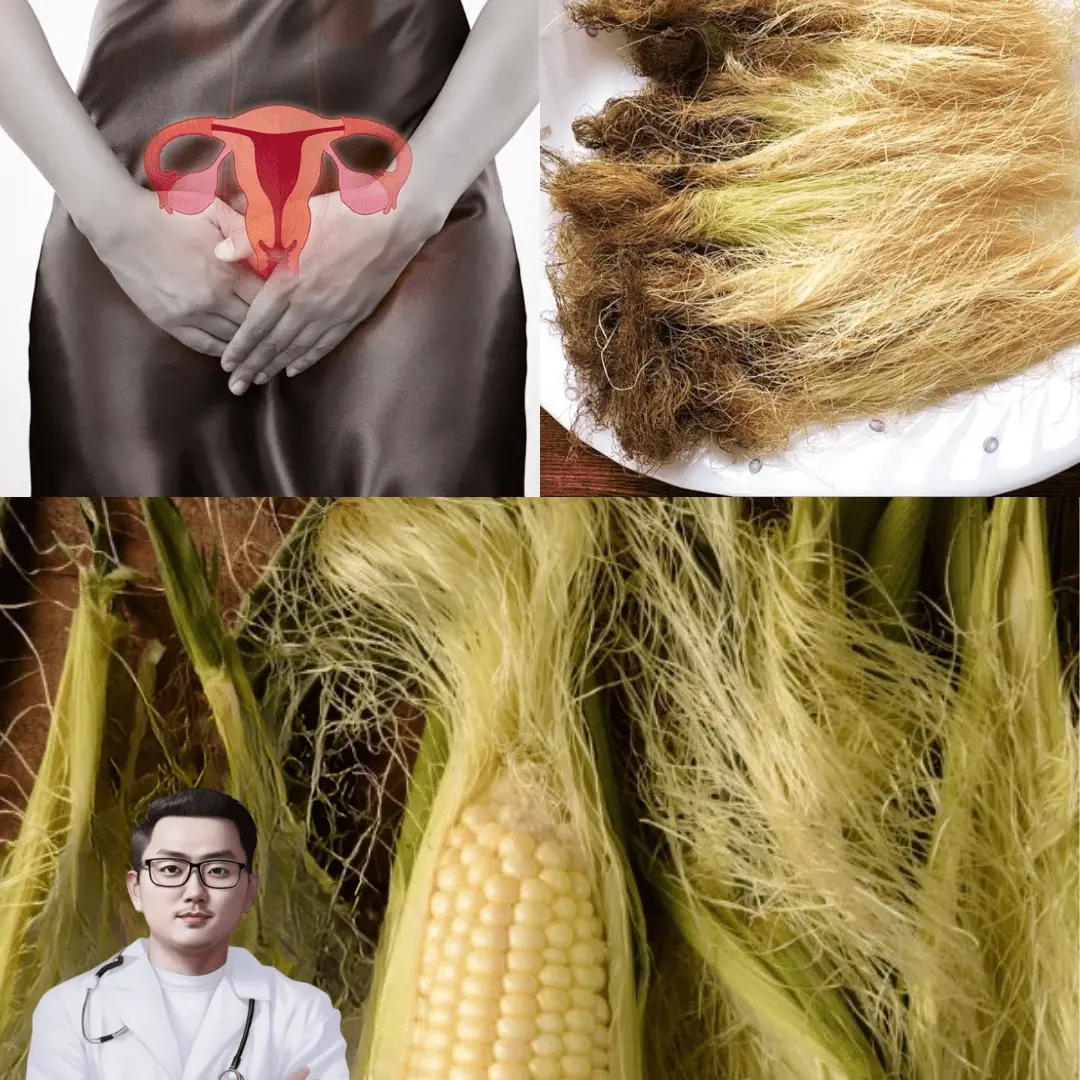
Unlock the Golden Magic of Corn Silk Tea
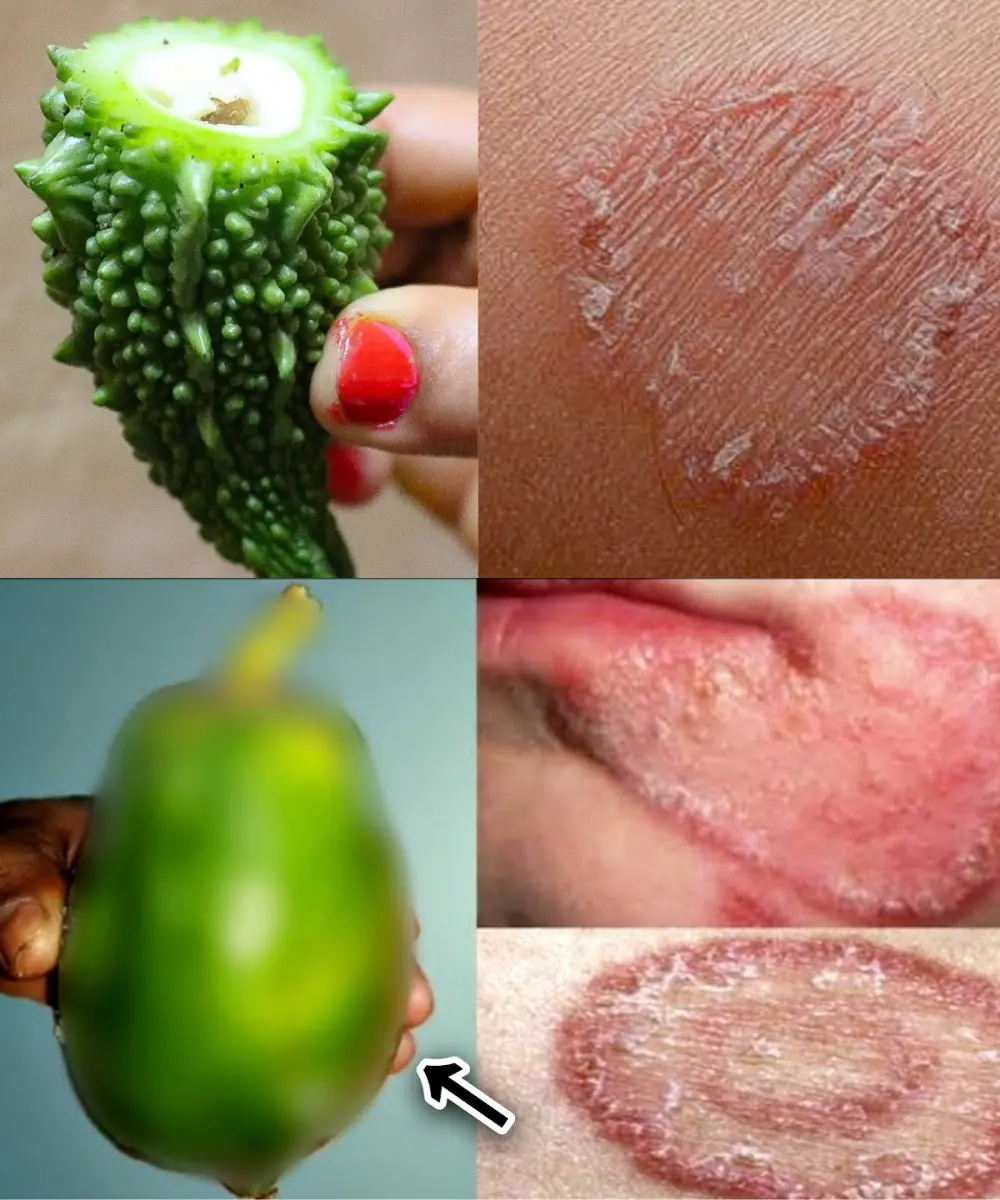
9 Powerful Home Remedies to Get Rid of Fungal Infection (Daad, Khaj, Khujli) Fast
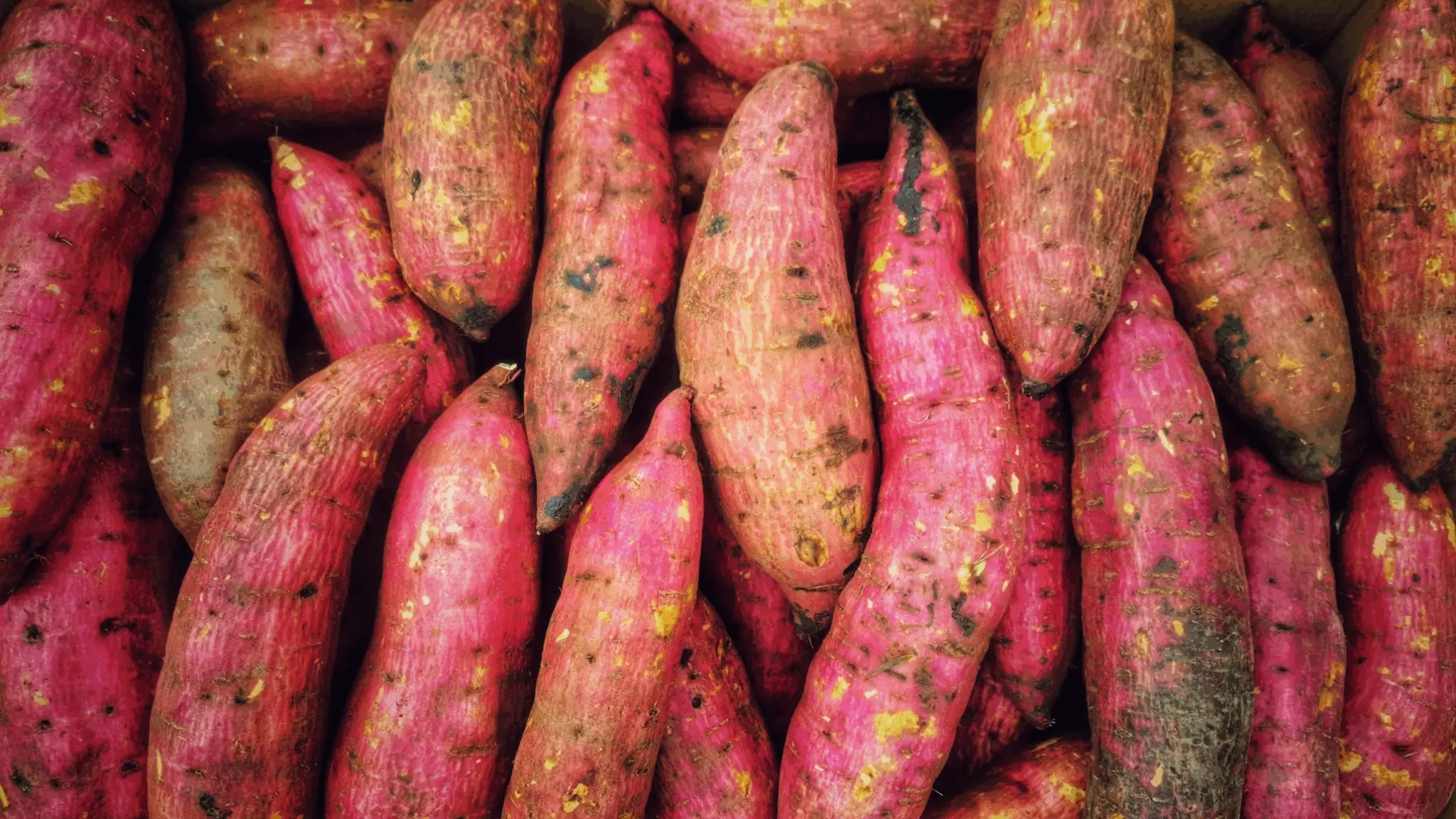
7 Shocking Health Benefits Of Eating Sweet Potatoes Every Day — According To Science

About 15 Minutes Before a Stroke, the Body Often Sends 4 Clear Warning Signs — Call Your Loved Ones Immediately
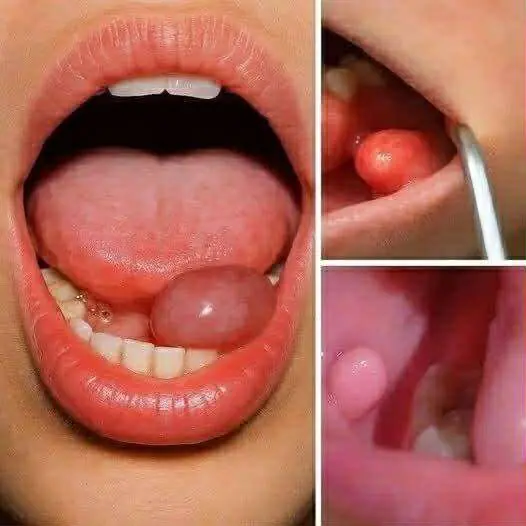
Hidden Dangers in Your Mouth: Early Signs of Oral Cancer
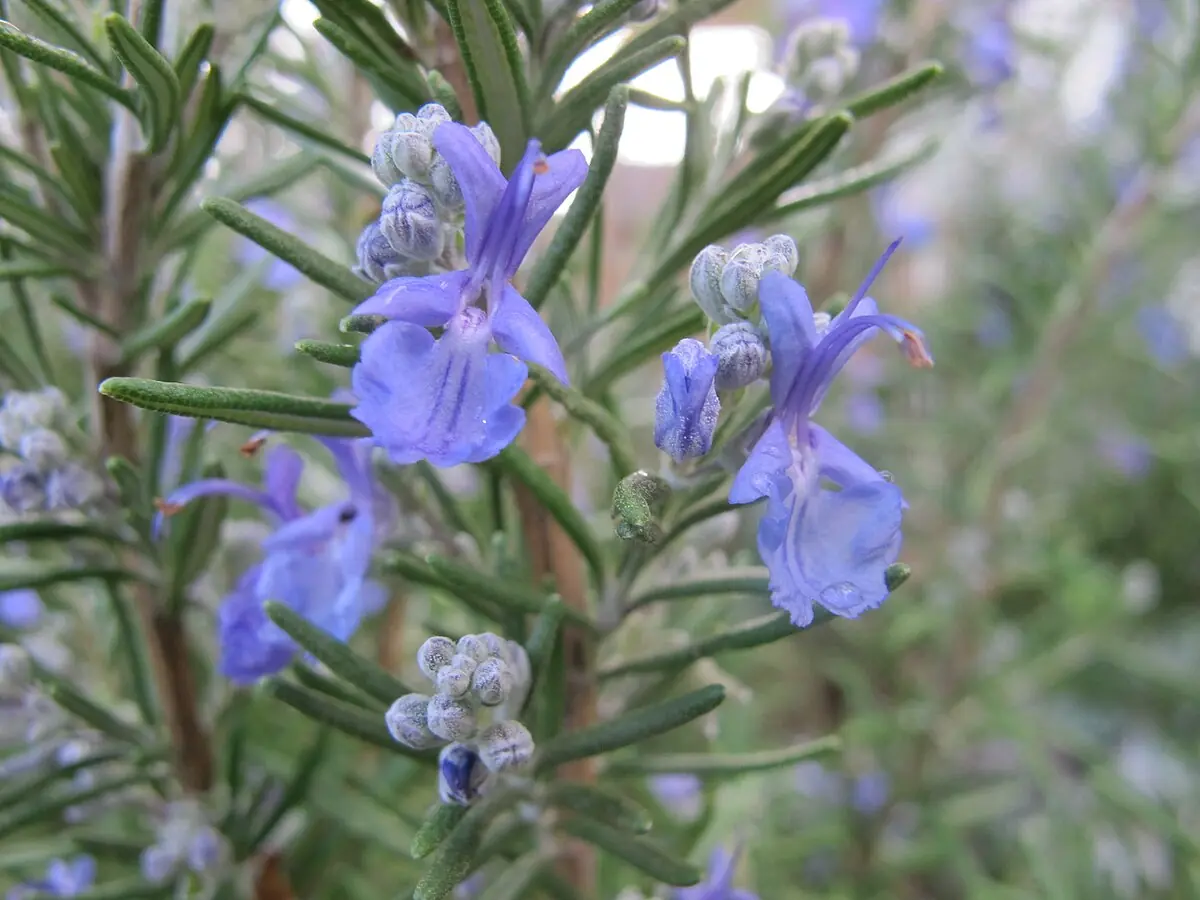
The Secret Power Of The Herb That Helps You Age Gracefully
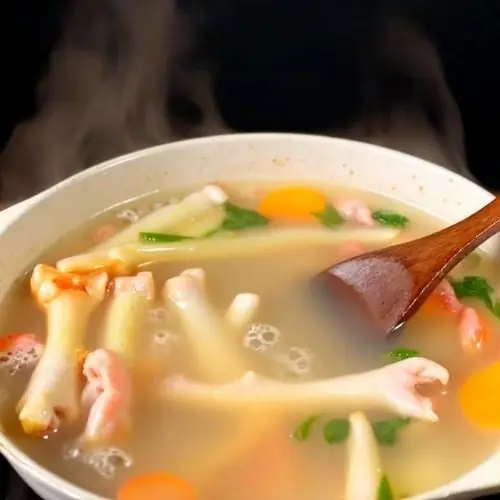
The Unexpected Benefits of Eating Chicken Feet
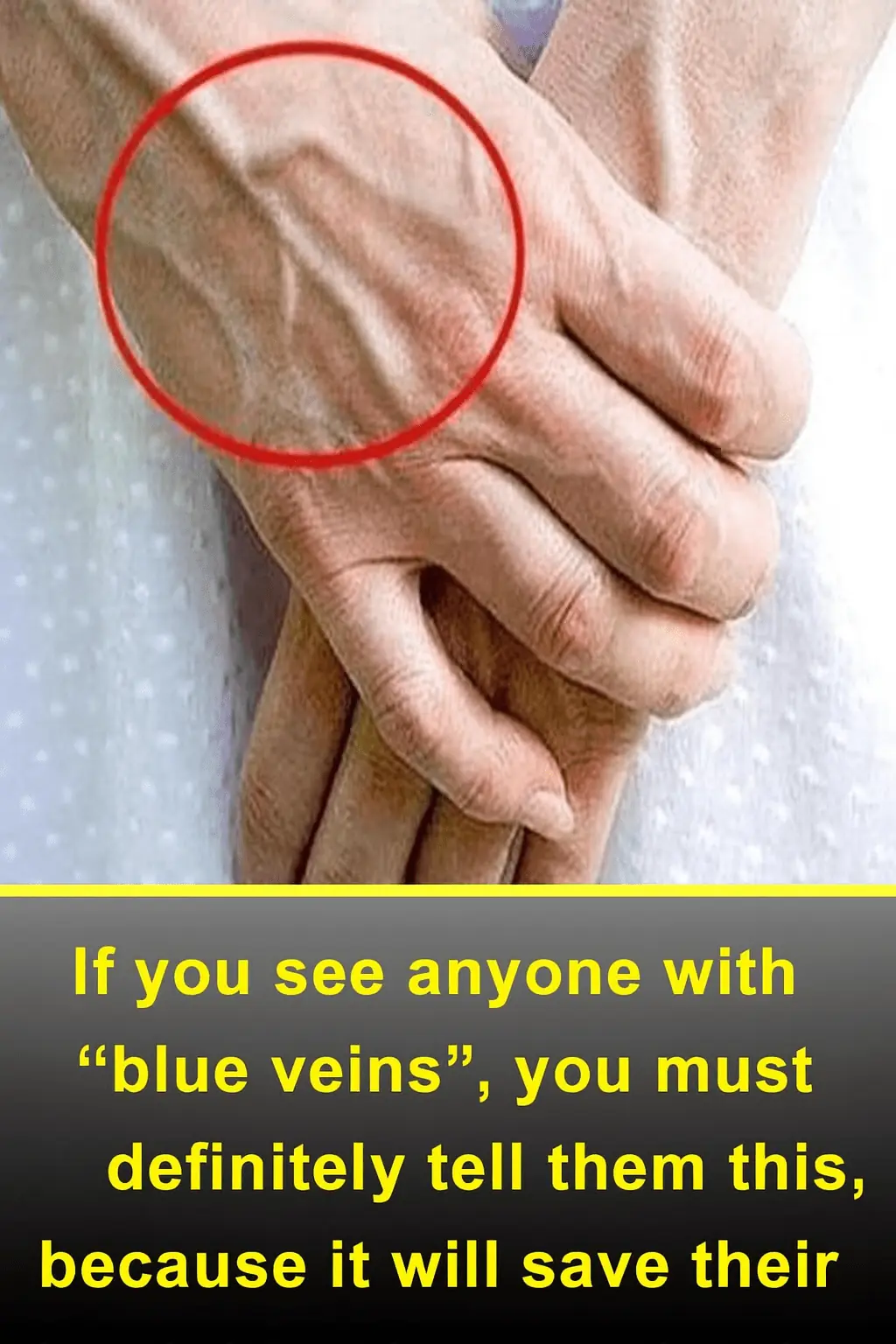
If You See Someone with “Blue Veins,” Tell Them This — It Could Save Their Life
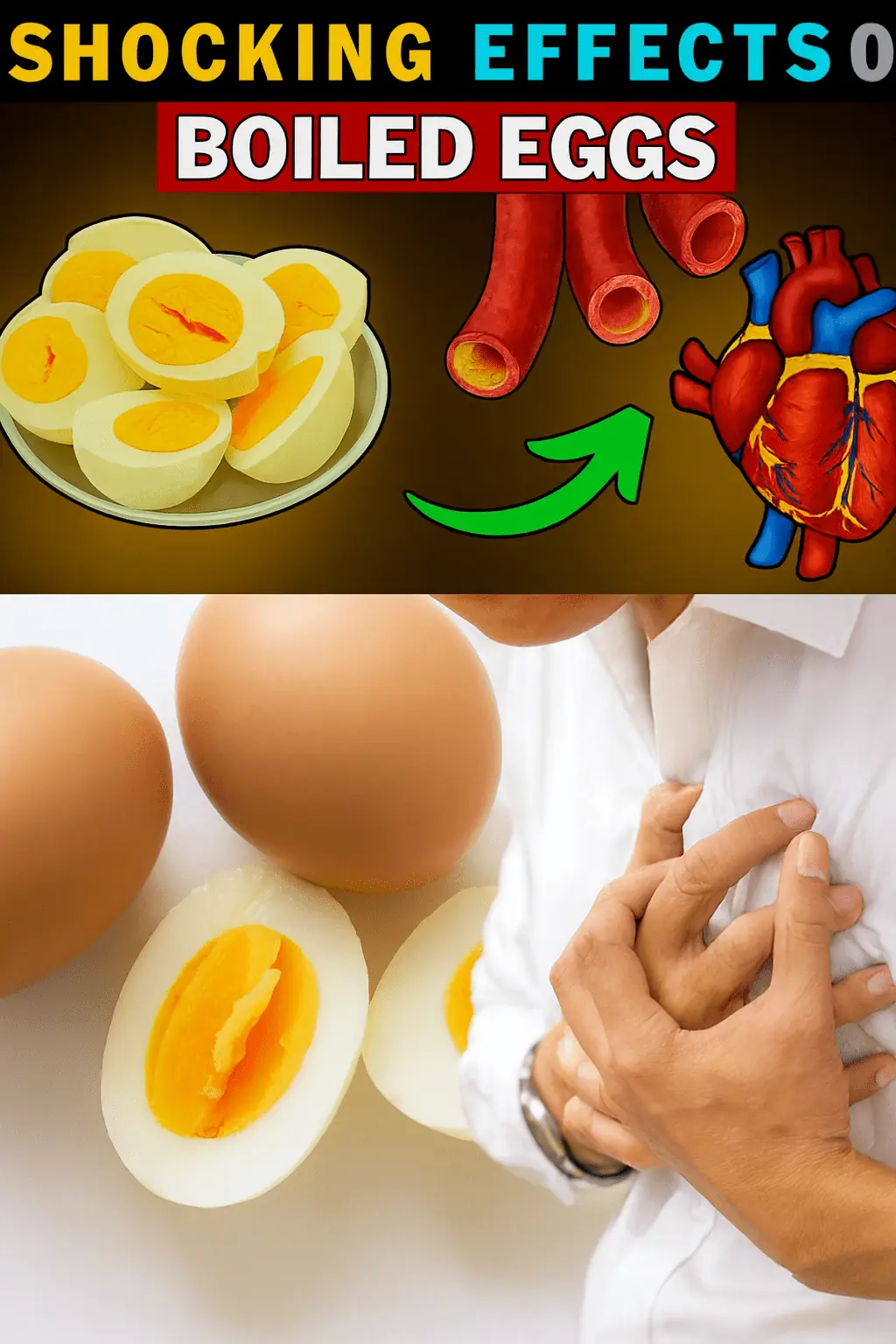
The Secret Power of Two Eggs a Day: Could This Simple Habit Transform Your Health? Buy vitamins and supplements

Man Passed Away After Eating Eggs — Stop Eating Eggs This Way Immediately
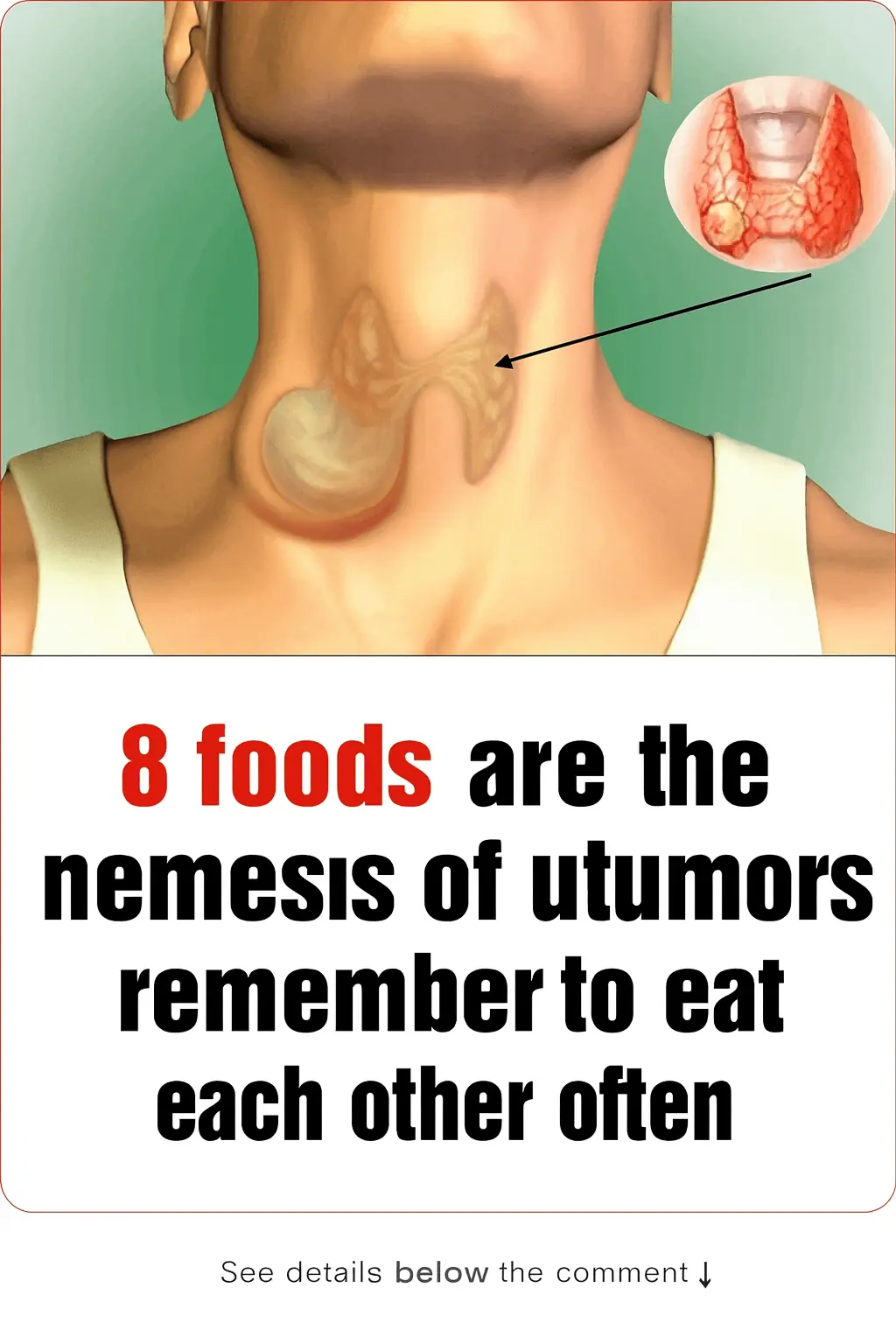
8 Foods That Fight Tumors — Eat Them Regularly
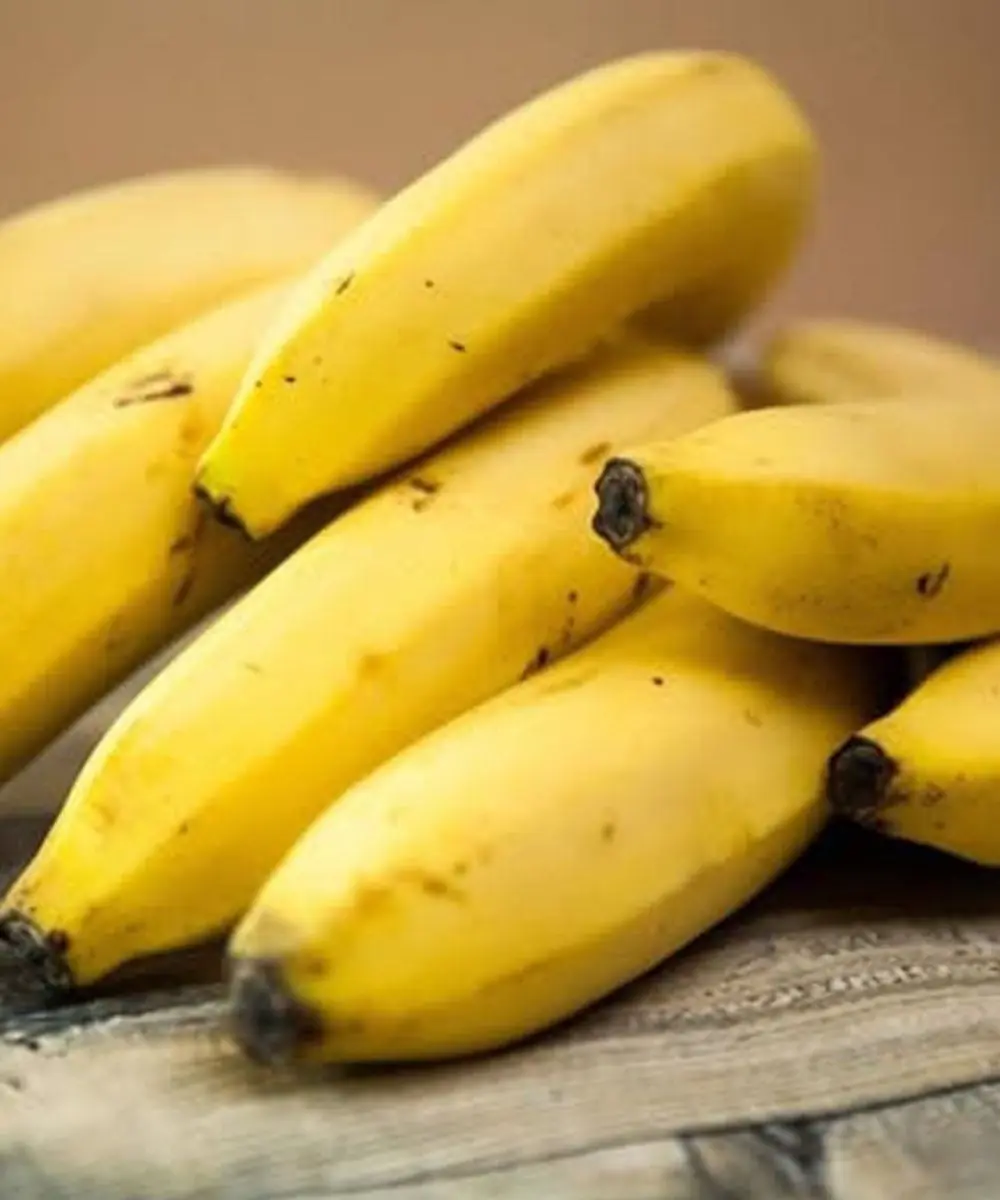
Does Eating Bananas Before Bed Have Any Benefits?
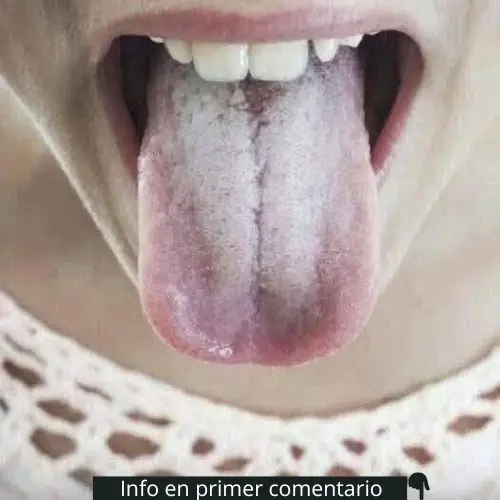
The Tongue as a Health Indicator: Meaning of a Whitish Color
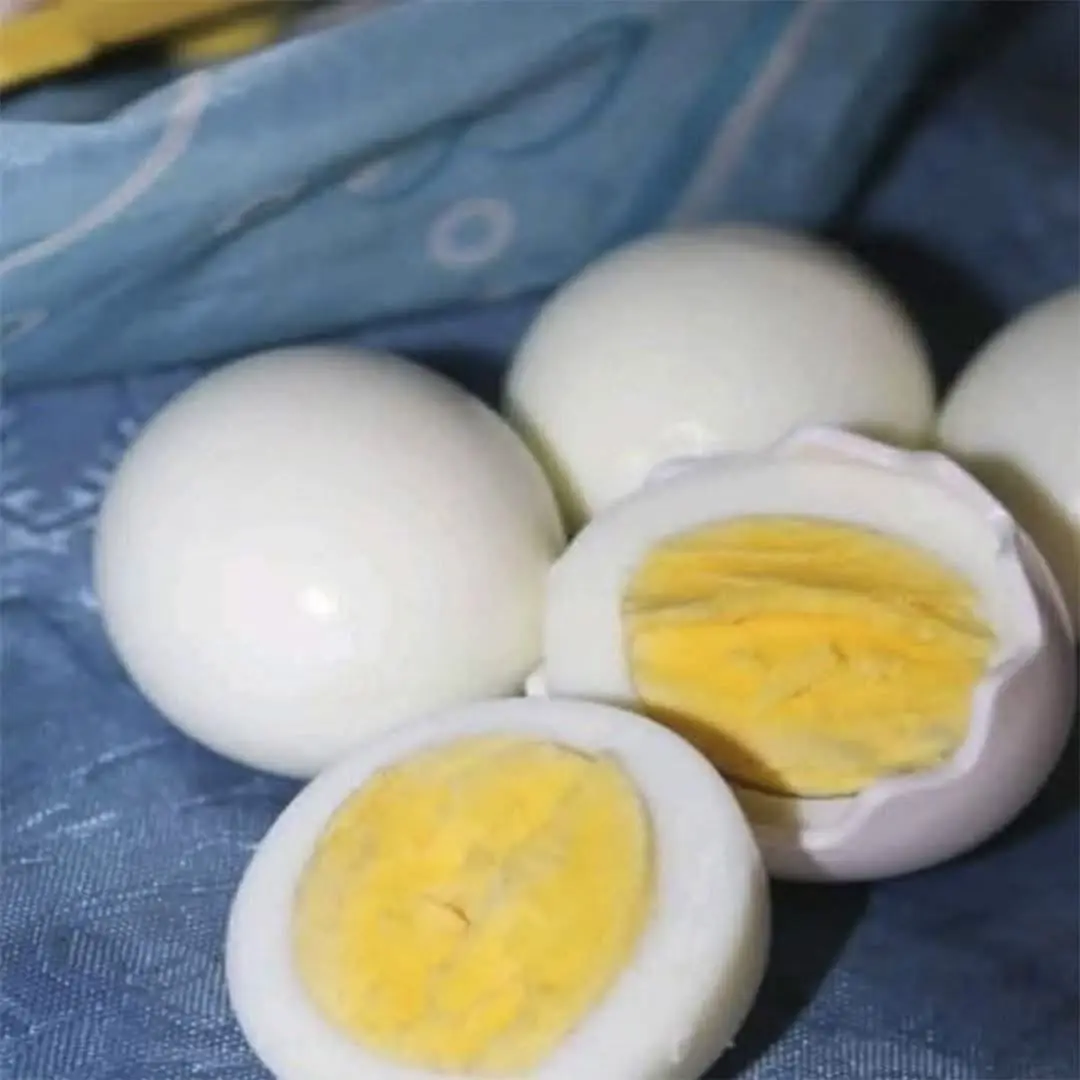
Benefits of Boiled Eggs: Nutrition and Healthy Recipes
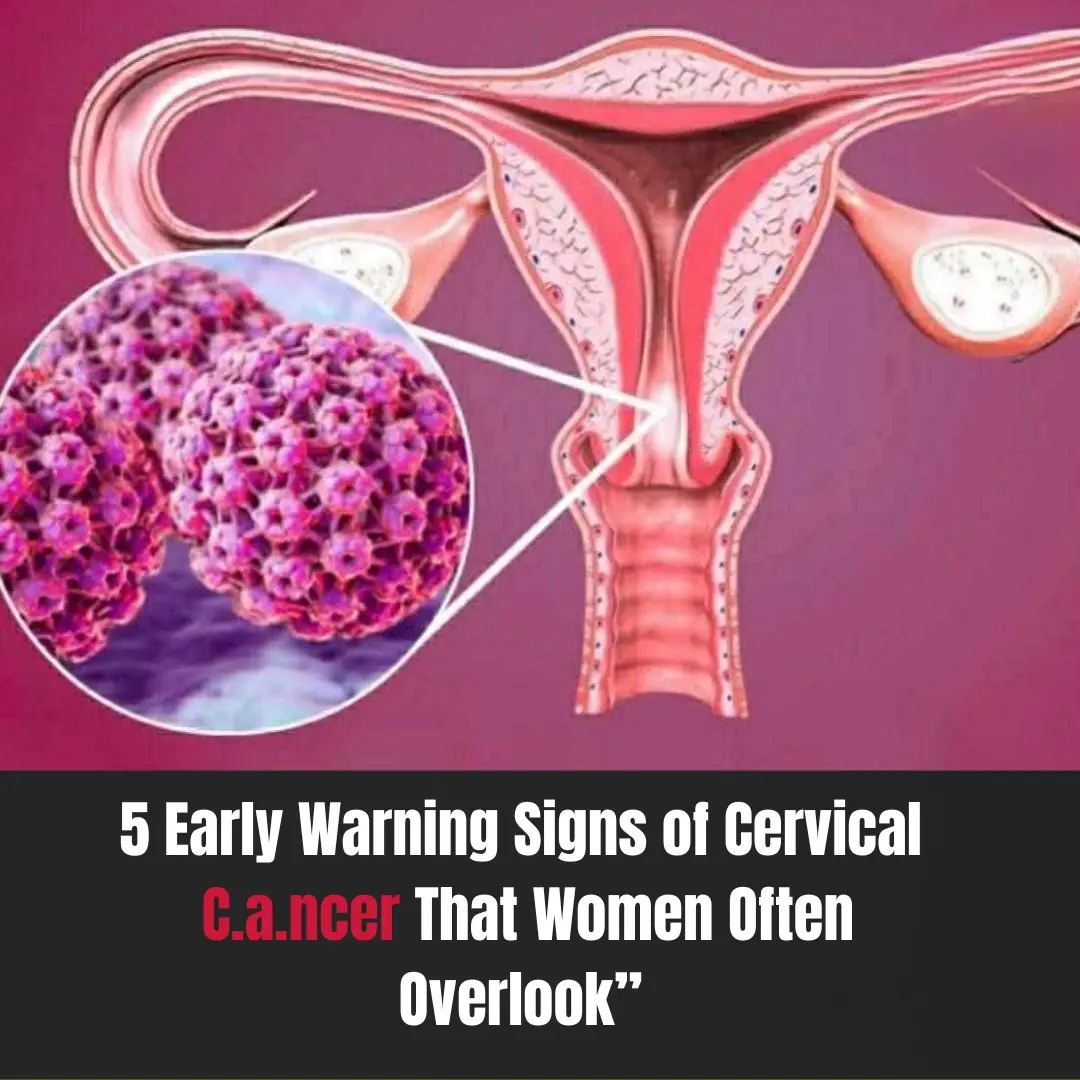
5 early warning signs of cervical cancer
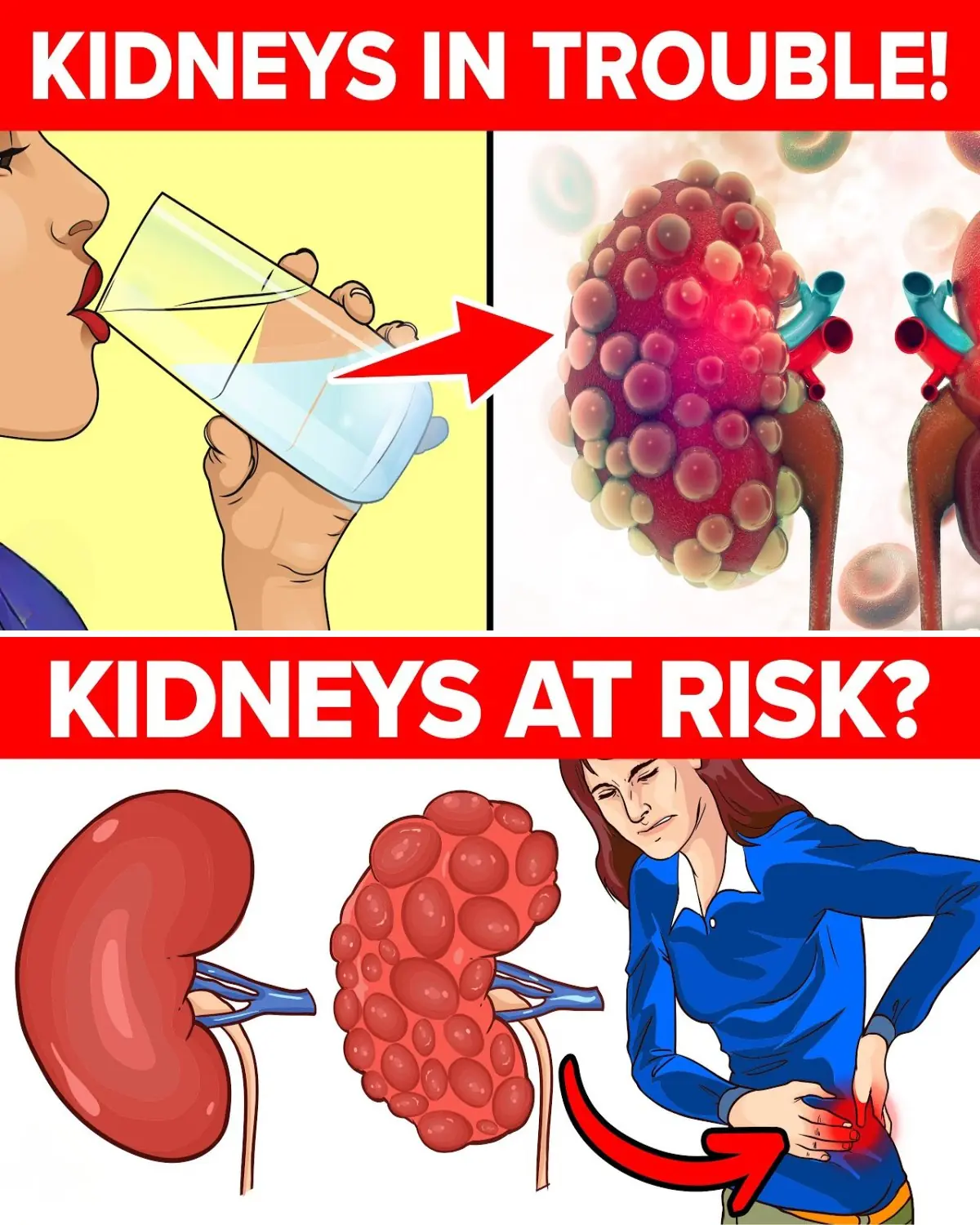
7 Innocent Mistakes That Get Your Kidneys in Big Trouble
News Post

WHAT HAPPENS WHEN WE TONGUE KISS…See more

Nature’s Secret: 4 Healing Leaves That Support Metabolism, Immunity & Circulation Naturally

Don’t Drink Coconut Water Before You Know These 11 Secrets!

Pumpkin Seed Milk — The Natural Parasite Cleanser

Fast Rice Water Trick for a Brighter Smile

Morning Drink to Revive Your Kidneys Fast

The Onion Recipe That Could Transform Your Blood Sugar, Support Cleaner Arteries, and Protect Your Heart!

Top 4 Fruits That Help Your Kidneys Flush Out Toxins While You Sleep

Ginger, Clove, and Honey: The Natural Trio Your Body Will Thank You For

Heal 15 Years of Joint Pain Naturally with Turmeric and Honey Tea

This Juice Revived My Grandma’s Energy — Say Goodbye to Fatigue and Body Pain with This Natural Recipe

The Benefits of Eating 2 Boiled Eggs Every Morning: Transform Your Health!

If Your Kidneys Are in Danger, Your Body Will Send You These 8 Signals — Don’t Ignore Them

The Surprising Effects of Avocado on Your Heart and Brain

Ways to Get Over a Man Who Didn’t Value You

I’m 66 but Look 36 — My Secret? Aloe Vera & Ginger for Firm, Smooth Skin

How to Make Okra Water to Treat 17 Health Problems Naturally

Banana and Egg Mask to Look Younger Even in Your 80s

Scent Leaf Secrets Unveiled: 10 Surprising Health Benefits of This Miracle Herb
